
I'm from Masafer Yatta, the frontline of Israel's settler pogrom
On July 7, my family was arrested for standing on the land that they have owned for generations.
An Israeli settler had raided our land in Masafer Yatta with his sheep to set them to graze on our newly growing trees, and my uncle and his sons tried to get him out to protect it from destruction.
There was no violence and no attack towards the settlers — but when the Israeli army arrived, they arrested my uncle, three cousins, and three international activists.
The treatment after their arrest was inhumane. The eldest was blindfolded and zip-tied for six hours, while the youngest, just 14 years old, was also zip-tied.
They were crammed into a van without ventilation, which was left in the scorching 40-degree sun. This dangerous treatment is a stark reminder of the brutality we face every day at the hands of the Israeli occupation.
Meanwhile, the settler was free to go, untouched by Israeli forces, as if he was not the agitator in this incident — after trespassing on land which is rightfully ours.
My uncle and his children's only crime was protecting our land, but this was enough for an arrest. The international volunteers were arrested for "interfering with military operations".
Since the beginning of Israel's genocidal war, violence has not been confined to Gaza alone.
In the West Bank, settler gangs have exploited this war to ramp up their violence against Palestinians, steal more land, and displace people from their homes.
In Masafer Yatta, in the South Hebron Hills, settler attacks have increased, after many of them joined the Israeli army, while another group was armed by the Israeli government.
The Nakba never ended
Masafer Yatta — a collection of 19 Palestinian hamlets in the southern West Bank, in the State of Palestine — is a constant target for settler attacks, demolitions, and constant invasions.
On every side, illegal settlements encroach on the land. There is the illegal outpost called Havat Ma’on and the settlement of Ma’on, which is home to extremist settlers who terrorise my village every week.
The settlers who encroach on our land destroy all the trees and irrigation equipment, just 100 meters from our house.
Since October 7, we have not been allowed to enter the land. Every time we tried to check on it, settlers disguised in Israeli army costumes and armed by the state of Israel would shoot directly at us.
Recently, we made a strong effort to reach Masafer Yatta and assess the extent of the damage caused by the settlers and the army — but every time we try to repair it, they destroy it again. And to this day, whenever we go there, the army and settlers come to try to expel us from our own land.
All our irrigation tools have been stolen, and more than 300 trees of various types have been destroyed since the beginning of the genocidal war.
The relentless attacks by settlers have not only resulted in physical damage but have also taken a significant emotional toll on us.
Our land in Masafer Yatta holds not just economic value but also deep cultural and personal significance.
Generations of our family have cultivated and nurtured this land, and seeing it ravaged is heartbreaking.
We feel a profound sense of loss, not just of property, but of heritage and identity.
The Israeli government’s support of these settlers, by arming and backing their violent actions, exacerbates the situation.
It creates an environment of impunity where settlers feel empowered to commit atrocities without fear of repercussions.
This has led to an increase in the frequency and severity of attacks. We have witnessed the destruction of ancient olive trees, some of which were over a hundred years old, and the demolition of our irrigation systems, which were painstakingly installed to support sustainable farming in a harsh climate.
Moreover, the presence of international activists, who come to support and document our plight, often draws further hostility from both the settlers and the military.
Their arrests highlight the international dimension of our struggle and the lengths to which the occupation forces will go to suppress dissent and solidarity.
The guardians of Masafer Yatta
Living under constant threat has forced us to adapt our daily routines. We have had to become vigilant, always on the lookout for potential attacks.
This heightened state of alertness is exhausting and stressful, impacting our mental and physical well-being. Despite these challenges, we remain determined to defend our land and heritage.
We organise community watch groups, and legal defences, and collaborate with human rights organisations to bring attention to our plight.
We have done overnight watch on our roof and have caught the culprits twice, but they come back during the day with even more vengeance.
It is impossible to make a specific report for every time we are harassed because we would spend all of our time reporting and not working in the garden, which is where there is most need. Perhaps their goal is to tie us up with paperwork and endless harassment until we give up. We will not give up.
The international community's response to our situation in Masafer Yatta has been mixed. While some countries and organisations condemn the actions of the settlers and the Israeli government, others remain silent or offer only symbolic gestures of support.
We call on the world to recognise the gravity of our situation and to take meaningful action to hold the perpetrators accountable.
Our fight is not just for survival but for justice and dignity. We seek a future where we can live in peace on our land, free from the threat of violence and displacement.
We hope for a day when the rights and humanity of all people are respected, and the cycle of aggression and retribution is broken.
Until then, Masafer Yatta will continue to resist, speak out, and draw strength from our deep-rooted connection to our land and our unwavering hope for a just resolution.
Mohammad Huraini is a Palestinian human rights defender and activist from Masafer Yatta. He is also one of the founders of Youth of Sumud – a community of Palestinians in South Hebron committed to peaceful popular resistance as a strategic choice to end the Israeli occupation. They work on the ground to protect people, land and resources, defending the human rights of Palestinian communities.
Follow Mohammad on Instagram and X
This article was translated by Alex Croft
Have questions or comments? Email us at: editorial-english@alaraby.co.uk
Opinions expressed in this article remain those of the author and do not necessarily represent those of The New Arab, its editorial board or staff, or the author's employer.
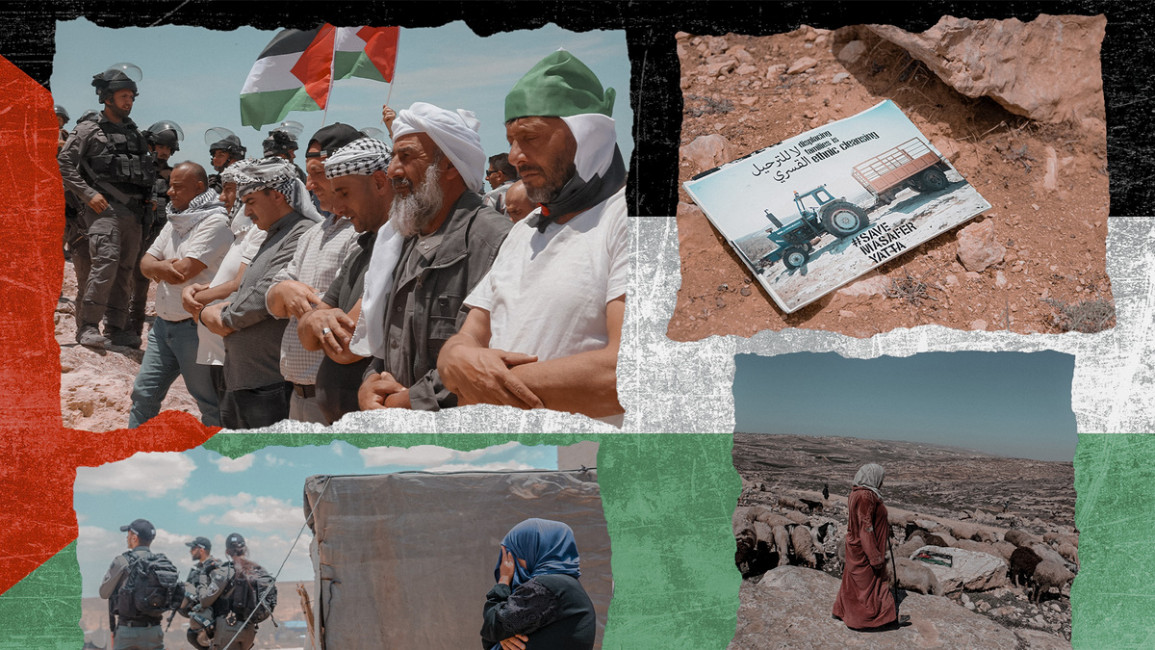
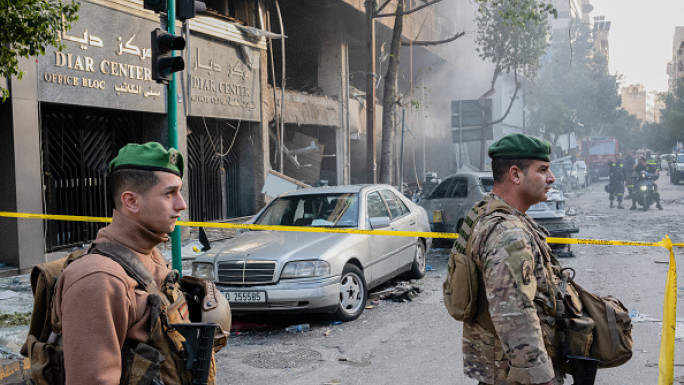
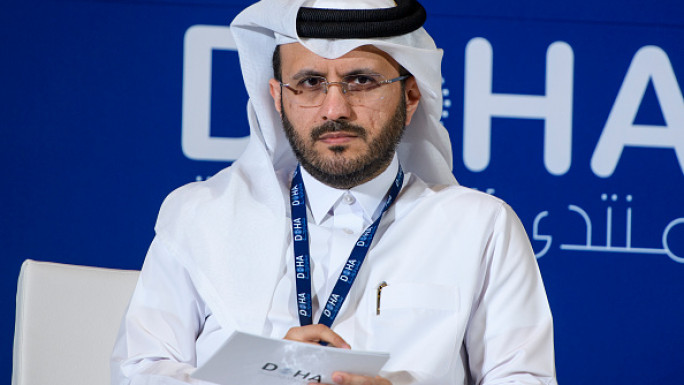
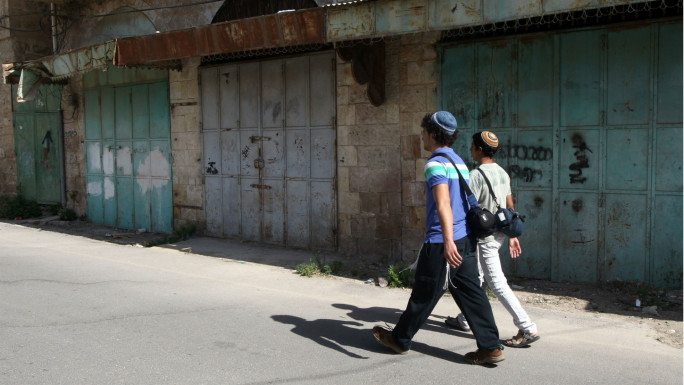
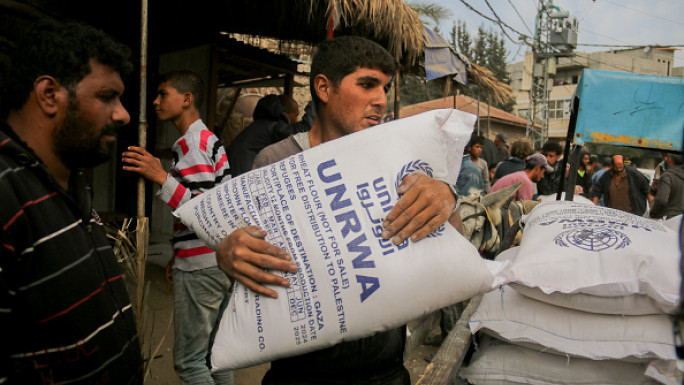
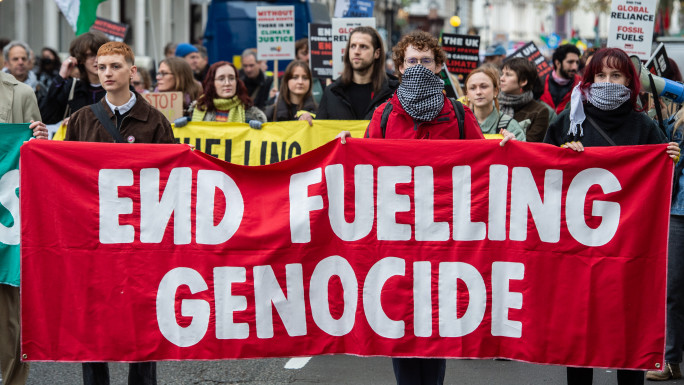
 Follow the Middle East's top stories in English at The New Arab on Google News
Follow the Middle East's top stories in English at The New Arab on Google News


